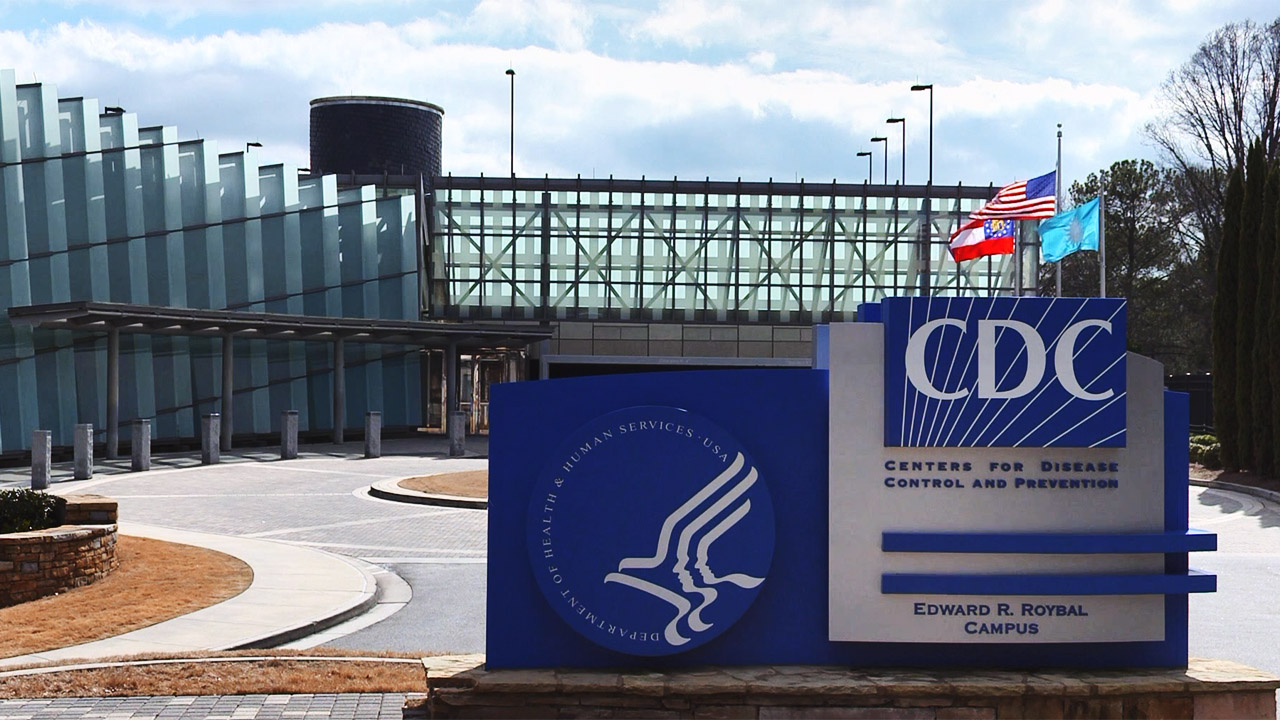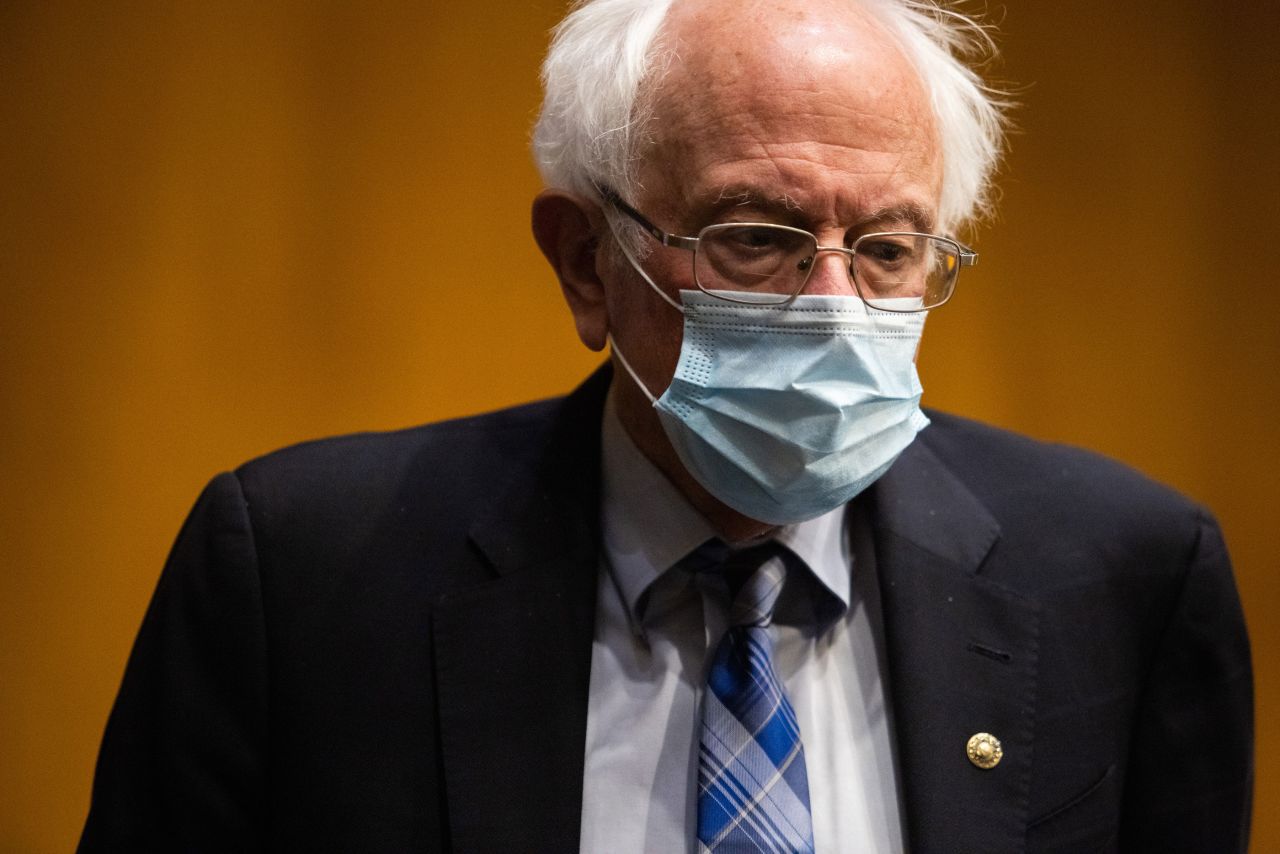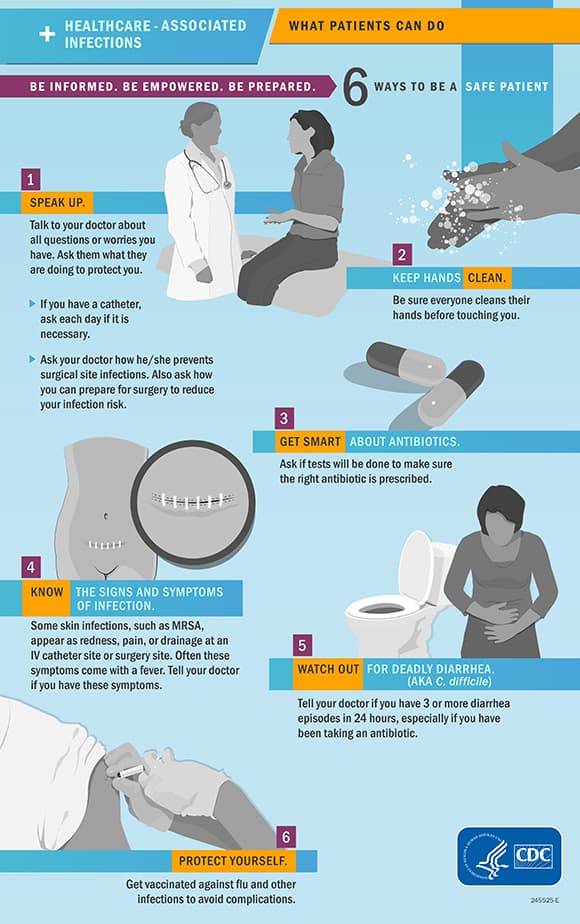Healthcare-Associated Infections Are a Silent Epidemic
In a staggering revelation, the 2023 National and State Healthcare-Associated Infections Progress Report indicates that healthcare-associated infections (HAIs) have resulted in over 70,000 deaths in the United States. These infections, often preventable, continue to plague our healthcare systems, raising urgent questions about accountability and systemic failure.
Disparities in Infection Rates Reveal Deep Inequities
According to the 2023 National Healthcare Quality and Disparities Report, marginalized communities experience disproportionately high rates of HAIs. The intersection of race, socioeconomic status, and healthcare access creates a deadly cocktail that exacerbates health inequities, demonstrating that the very systems meant to protect us are often the sources of harm.

CDC Exterior | CDC Newsroom
Government Inaction Worsens Public Health Crisis
The data reveals a shocking lack of federal and state action to combat HAIs, as reported by the CDC. With a healthcare expenditure exceeding $4 trillion annually, it is unacceptable that the government has failed to implement comprehensive strategies to address this crisis. The silence from policymakers is deafening, especially when we consider that these infections can often be prevented through simple, evidence-based practices.
The Cost of Inaction Is Unacceptable
It’s important to call out the financial implications of this public health neglect. The economic burden of HAIs is estimated to be over $28 billion annually. This staggering figure does not just reflect the cost of treatment but also includes the loss of productivity and the emotional toll on families affected by preventable infections. The failure to allocate resources toward effective infection control measures is not just a public health issue; it"s an economic catastrophe.

January 31, 2021 coronavirus news | CNN
Call to Action for Equity in Healthcare
As a society, we must demand action to eliminate these health disparities and hold our leaders accountable. The Health Equity Summit organized by the AHRQ highlighted the importance of addressing inequities in healthcare access as a fundamental step towards reducing HAIs. We cannot afford to wait while thousands suffer and die due to ineffective policies and lack of oversight. The time for bold action is now.

![[Video] Anti-ICE Protester Pepper Sprayed as CBP Agents Disperse Crowd in Minneapolis](/_next/image?url=%2Fapi%2Fimage%2Fthumbnails%2Fthumbnail-1768260677127-y71sb7-thumbnail.jpg&w=3840&q=75)

![[Video] Several injured as U-Haul truck drives through Iranian protestors in Los Angeles](/_next/image?url=%2Fapi%2Fimage%2Fthumbnails%2Fthumbnail-1768176682028-q95y6j-thumbnail.jpg&w=3840&q=75)
![[Video] Scuffle breaks out between Trump supporters and Anti-ICE protesters in Times Square](/_next/image?url=%2Fapi%2Fimage%2Fthumbnails%2Fthumbnail-1768165958203-hgcgb-thumbnail.jpg&w=3840&q=75)


![[Video] Gunfire between Iraqi security forces and Sadr militias in Baghdad](/_next/image?url=%2Fapi%2Fimage%2Fthumbnails%2Fthumbnail-1768343508874-4redb-thumbnail.jpg&w=3840&q=75)
